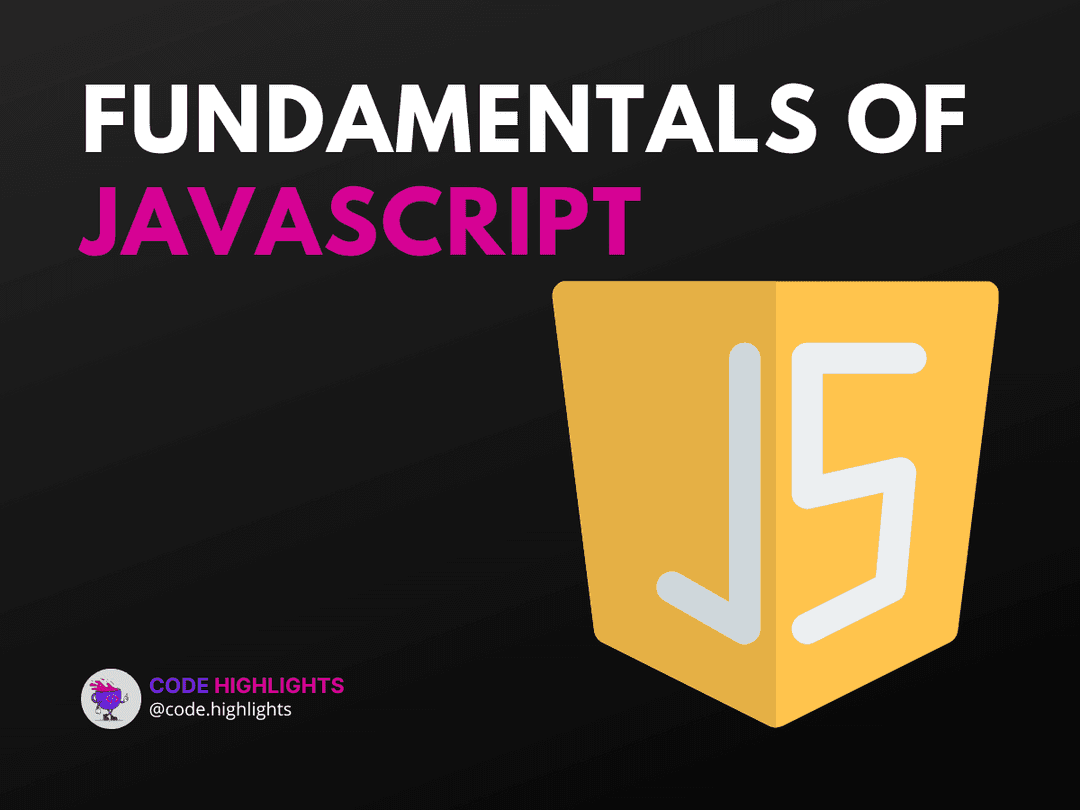7 Powerful JavaScript Alternatives to Boost Your Development

- 1. TypeScript: A Strongly Typed Alternative
- Example:
- Features:
- 2. Dart: The Language Behind Flutter
- Example:
- Features:
- 3. Elm: A Functional Programming Language
- Example:
- Features:
- 4. CoffeeScript: A Syntactic Sugar for JavaScript
- Example:
- Features:
- 5. ClojureScript: A Lisp Dialect for the Web
- Example:
- Features:
- 6. Kotlin/JS: Modern Language for Web Development
- Example:
- Features:
- 7. Ruby: A Dynamic Language for Web Development
- Example:
- Features:
- Compatibility with Major Browsers
- Summary
- External Resources
JavaScript is a popular programming language, but it isn't the only option out there. If you're looking for javascript alternatives, you're in the right place! In this tutorial, we will explore seven powerful alternatives to JavaScript that can enhance your development experience. Each alternative has its unique features and advantages, making them suitable for different scenarios. Let’s dive in!
1. TypeScript: A Strongly Typed Alternative
TypeScript is a superset of JavaScript, which means it builds on JavaScript by adding static types. This helps catch errors early and makes your code more robust.
Example:
1function greet(name: string) {
2 return `Hello, ${name}!`;
3}
4console.log(greet("Alice"));
Features:
- Static Typing: Helps identify errors during development.
- Compatibility: Works well with existing JavaScript code.
- Tooling Support: Offers great IDE support for better development.
2. Dart: The Language Behind Flutter
Dart is developed by Google and is primarily used for building mobile apps with Flutter. It’s known for its performance and ease of use.
Example:
1void main() {
2 print('Hello, World!');
3}
Features:
- Fast Performance: Compiles to native code for high performance.
- Hot Reload: Great for mobile development with quick updates.
- Strongly Typed: Like TypeScript, it helps reduce bugs.
3. Elm: A Functional Programming Language
Elm is a functional programming language that compiles to JavaScript. It is designed for building reliable web applications.
Example:
1main =
2 Html.text "Hello, Elm!"
Features:
- No Runtime Exceptions: Ensures safer code.
- Simplicity: Easy to learn with a clean syntax.
- Great Documentation: Helpful resources for beginners.
4. CoffeeScript: A Syntactic Sugar for JavaScript
CoffeeScript is a language that compiles into JavaScript. It offers a cleaner syntax and aims to make coding easier and more enjoyable.
Example:
1square = (x) -> x * x
2console.log square(5)
Features:
- Concise Syntax: Reduces boilerplate code.
- Interoperability: Works seamlessly with JavaScript libraries.
- Readable Code: Easier to understand for many developers.
5. ClojureScript: A Lisp Dialect for the Web
ClojureScript is a variant of Clojure that compiles to JavaScript. It focuses on functional programming and immutable data structures.
Example:
1(ns hello-world.core)
2
3(println "Hello, ClojureScript!")
Features:
- Immutable Data: Helps prevent side effects.
- Rich Ecosystem: Leverages existing Clojure libraries.
- Interactive Development: Great for rapid prototyping.
6. Kotlin/JS: Modern Language for Web Development
Kotlin/JS allows you to write Kotlin code that compiles to JavaScript. It’s gaining popularity for its modern features and safety.
Example:
1fun main() {
2 println("Hello, Kotlin!")
3}
Features:
- Interoperability: Works with existing JavaScript libraries.
- Null Safety: Helps avoid null pointer exceptions.
- Coroutines: Simplifies asynchronous programming.
7. Ruby: A Dynamic Language for Web Development
Ruby, known for its elegant syntax, can be used for web development through frameworks like Ruby on Rails. It’s not a direct replacement for JavaScript but can complement it.
Example:
1puts "Hello, Ruby!"
Features:
- Readable Syntax: Easy to write and understand.
- Rich Libraries: Extensive libraries for web development.
- Community Support: Active community for help and resources.
Compatibility with Major Browsers
Most of these javascript alternatives compile down to JavaScript, which means they are compatible with all major web browsers like Chrome, Firefox, and Safari. However, some languages may require additional tools or frameworks to ensure smooth operation.
Summary
In this tutorial, we explored seven powerful javascript alternatives that can boost your development. From TypeScript's strong typing to Dart's mobile prowess, each language offers unique features tailored for different development needs. Whether you're building web apps or mobile applications, these alternatives provide exciting options to enhance your coding experience.
For those interested in further expanding their skills, consider checking out our HTML Fundamentals Course, Learn JavaScript, or Introduction to Web Development.
External Resources
- For a deeper understanding of TypeScript, visit the official documentation.
- Learn more about Dart and Flutter from the Flutter website.
- Explore the benefits of Elm through its official site.
By exploring these options, you can find the best fit for your projects and improve your development skills!
Related courses
1 Course
Stay Ahead with Code highlights
Join our community of forward-thinkers and innovators. Subscribe to get the latest updates on courses, exclusive insights, and tips from industry experts directly to your inbox.

Related articles
9 Articles

Copyright © Code Highlights 2025.

